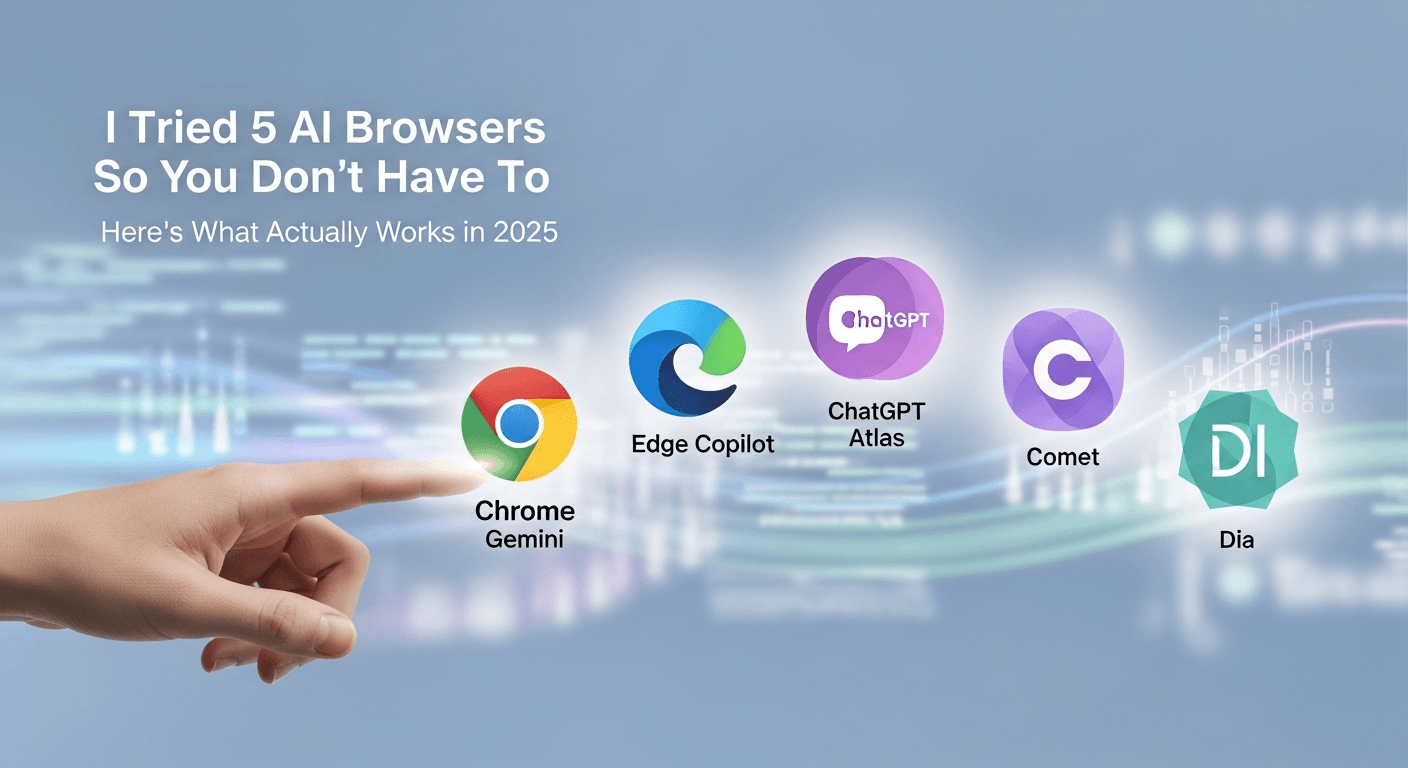
How AI Aced the Toughest CFA Exam—And What It Means for Finance Professionals
Introduction
Passing the Chartered Financial Analyst (CFA) exam is a tremendous achievement. For most candidates, it requires roughly 1,000 hours of devoted study spread across multiple years. Now, imagine an artificial intelligence completing that rigorous journey in just a few minutes. That isn’t science fiction—it’s the new reality, according to recent research. Let’s explore how AI models are redefining what’s possible and what that means for the future of finance professionals.
From Long Hours to Lightning Speed: AI’s CFA Breakthrough
A joint study by New York University’s Stern School of Business and the AI-based wealth management firm GoodFin tested 23 leading large language models on mock CFA Level III exams, including essay questions long considered AI’s toughest hurdle. The pass rates were stunning. AI models like OpenAI’s o4-mini, Google’s Gemini 2.5 Flash, and Anthropic’s Claude Opus scored well above the 65% threshold in minutes. O4-mini earned a 79.1%, Gemini 2.5 Flash hit 77.3%, and Claude Opus 4 achieved 74.9% (livemint.com).
Two key strategies made this leap possible. First, “reasoning” models can break down complex problems into smaller, logical steps. Second, researchers used “chain-of-thought prompting,” which encourages the AI to show its work as it solves a problem. These improvements finally helped AI conquer the notoriously challenging essay section (livemint.com).
Why It Matters: Performance, Speed, and Industry Transformation
To put this into perspective, human CFA candidates spend years and thousands of hours preparing for the exam. AI now accomplishes in minutes what takes people months to master (cnbc.com). That’s not just an increase in efficiency—it’s a quantum leap.
Industry reactions are mixed. GoodFin’s CEO, Anna Joo Fee, believes the technology has transformative potential but doesn’t think it will render the CFA credential irrelevant. AI still struggles with context, intent, and subtle human cues—areas where people excel (cnbc.com).
The Human Advantage: Judgment, Empathy, and Trust
CFA charterholders agree that passing the exam isn’t the whole story. Wealth advisor Kate Feeney, who passed Level III in 2016, wasn’t surprised by AI’s test performance. “AI is incredibly fast,” she said, but noted that the exam also tests time management skills under pressure (livemint.com). Another advisor, Derek Williams, echoed this, stating that AI’s mastery doesn’t substitute for human experience and judgment (livemint.com).
Mike de Massa, CIO at Forza Wealth Management, offered a compelling analogy: if elementary students always used calculators, they would lack fundamental math skills by the time they reach algebra. He suggests that relying too heavily on AI might risk short-circuiting essential learning and critical thinking (livemint.com).
A Word from the Research: Rigor, Grading, and Real-World Readiness
One deep dive by NYU Stern’s Prof. Srikanth Jagabathula and GoodFin also evaluated how AI performed as a grader. The results showed that AI graders were even stricter than their human counterparts, reinforcing that these models didn’t just “game” the test—they reasoned through it (ft.com).
Still, the report urges caution. AI has yet to demonstrate the nuance, ethical grounding, and accountability that financial professionals bring to their work. In other words, its success on a timed exam doesn’t translate to earning real-world client trust or credibility (ft.com).
Implications for Finance Professionals: Adapt and Thrive
What should finance professionals take away from this leap in AI capability? Here are three key trends to consider:
- Use AI as a co-pilot, not a replacement. Let it draft memos, run scenario analyses, or help with research. Then, apply your judgment to refine, contextualize, and personalize the output.
- Standardize prompts and controls. Encourage the AI to explain its assumptions, cite its sources, and walk through calculations transparently to maintain proper oversight.
- Focus on human strengths. Double down on emotion, ethical reasoning, and nuanced advice—areas where AI still can’t compete.
As one PwC expert put it: “AI won’t replace finance professionals—but finance professionals using AI will replace those who don’t” (ralionline.com).
Conclusion
AI’s ability to pass one of finance’s most formidable exams is a major milestone. It signals not only technological progress but also a fundamental shift in how professional expertise must evolve. The CFA exam may remain a revered benchmark, but its meaning could change: from a signal of technical knowledge to a hallmark of human judgment. The future belongs to those who learn to use AI effectively—and know when not to.
FAQs
1. Can AI earn a CFA charter?
No. Beyond passing the exam, the CFA Institute requires 4,000 hours of relevant work experience, two professional references, and practical skills training (entrepreneur.com).
2. What is chain-of-thought prompting?
It’s an AI prompting technique where the model explains its reasoning step-by-step. This improves its performance on complex tasks that require logic, like essay responses (livemint.com).
3. Did the AI truly understand the material?
While the models passed mock exams, they still lack true understanding. They mimic reasoning patterns but don’t grasp context, ethics, or human intent, which are all critical for real-world application (ft.com).
4. Should finance professionals worry about AI?
Not necessarily. It’s better to see AI as a powerful tool. Professionals who adapt by leveraging AI while maintaining human oversight are the ones who stand to gain the most (ralionline.com).
5. What does this mean for CFA candidates?
The CFA designation remains valuable, especially for those who combine it with interpersonal skills, ethical judgment, and contextual intelligence that AI cannot replicate. The path forward may emphasize not just what professionals know, but how they use AI to apply that knowledge.
Thank You for Reading this Blog and See You Soon! 🙏 👋
Let's connect 🚀
Latest Insights
Deep dives into AI, Engineering, and the Future of Tech.

I Tried 5 AI Browsers So You Don’t Have To: Here’s What Actually Works in 2025
I explored 5 AI browsers—Chrome Gemini, Edge Copilot, ChatGPT Atlas, Comet, and Dia—to find out what works. Here are insights, advantages, and safety recommendations.
Read Article


